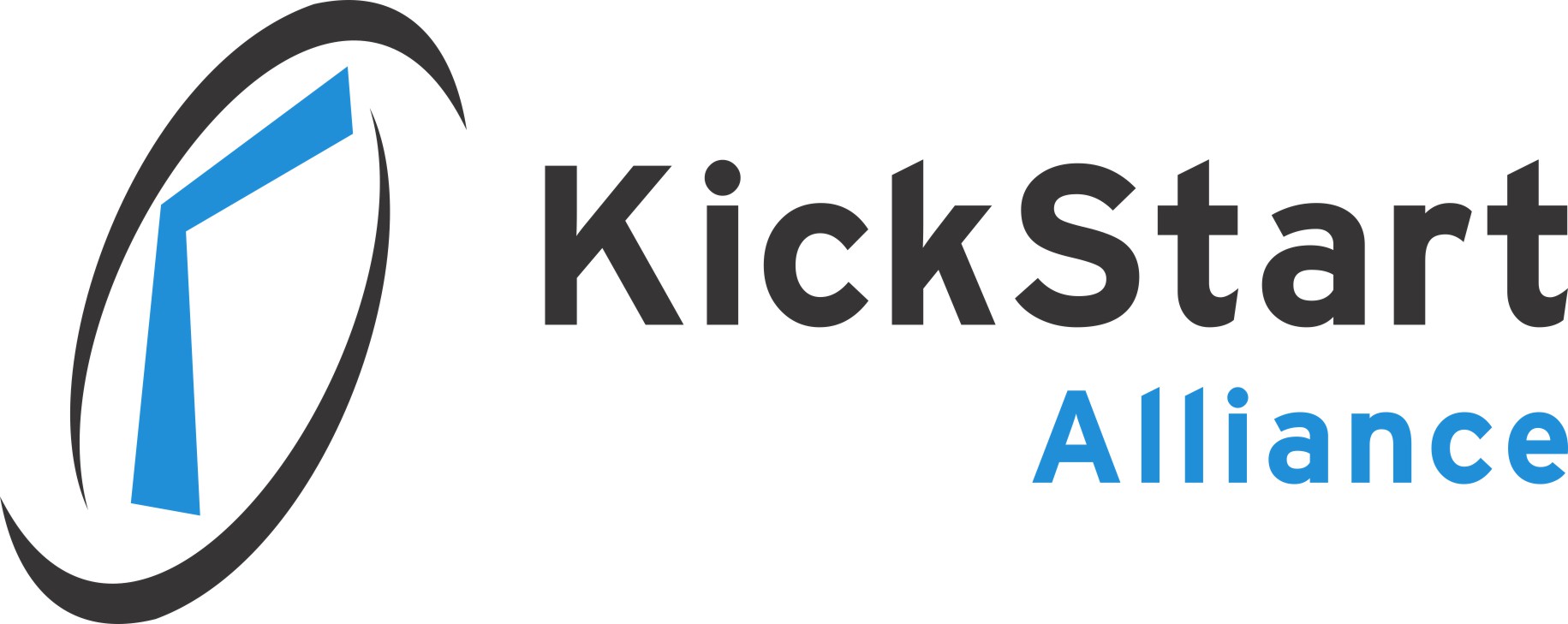Charlene Li, CEO & Founder, Altimeter Group, coauthor of Groundswell and author of the newly-released book Open Leadership, spoke at the Northern CA DMA club last week. Here are some highlights from her presentation entitled “Social Media Revolution and Evolution” in which she shared her social media expertise from three different perspectives: past, present, and future.
Past: Coherent Strategies
It’s amazing to think of the global impact social media has brought in such a short period of time. It was only in May of 2007, four years ago, that the Facebook platform launched. Now with 650 million users, Facebook is easily on its way to 1 billion! The iPhone App Store launched in July 2008, less than 3 years ago. How did we get by without the 350,000 apps now available?
Even though Groundswell was published before any iPhone apps hit the market, the concepts and strategies Charlene and coauthor Josh Bernoff wrote about are still relevant today. The primary message: it’s not about the technology, it’s about the relationships you form with others. To build better relationships using technology, Charlene recommends four goals to define your social strategy:
- Learn: all employees can now listen to customers via applications such as Twitter and better understand their needs.
- Dialog: employees can not only listen, but converse with customers. For example, Dell Outlet uses Twitter to drive sales.
- Support: a community forum can become a corporate asset and differentiator versus being viewed as a cost center. SolarWinds’ forum Thwack, for network engineers, is just that.
- Innovation: suggestions from customers should drive innovation. Starbucks involved 50 people via their My Starbucks Idea program to evaluate ordering and paying for a favorite drink via the swipe of a card.
Present: Rethinking Leadership
Corporate leaders are not in control of the customer relationship (and never were) but must still be in command. They can do this by being authentic and transparent when communicating to the market. Charlene defines “open leadership” as “having the confidence and humility to give up the need to be in control, while inspiring commitment from people to accomplish goals.” She referenced an example of the CEO of Dominos Pizza coming out and saying “our pizza sucks” and then working to do something about it.
Leaders are those who have followers and now can emerge from anywhere in the company. Chatter, the Salesforce.com enterprise collaboration application, has enabled employees to become leaders within their own companies by allowing them to post relevant content or answer questions to help their co-workers. The top 25 “Chatterati” at Salesforce.com are invited to a leadership offsite.
Future: Building Resilience
There are so many ideas and technologies popping up daily, how do companies know which ones to react to? Charlene has developed a three step framework to help companies evaluate and prioritize trends:
- Does it change the user experience? Is is easy to use? Can people connect in new ways?
- Does it change your business model? Can you tap into new revenue streams or lower costs?
- Does it shift power in the market or change the ecosystem value?
Here are some trends that Charlene is keeping an eye on and evaluated using the three step framework:
- Likenomics
What is the value of a “like” based on the behavior of the person? Do they like everyone or are they selective? Rohit Bhargava, SVP Global Strategy at Ogilvy 360 Digital Influence, defines this as “how personal relationships, individual opinions, powerful storytelling and social capital are helping brands…become more believable.” Evaluation: User experience impact: moderate; business model impact: moderate (around the notion of “social currency”), ecosystem value impact: none. - Social Search
Social search brings search engine rankings beyond friends to others who share your interests. Bing is ahead of the curve here, Google is trying with Google +1 which is similar to the Facebook “like” button. The goal is to present content that is most relevant to an individual. Evaluation: User experience impact: moderate (making search more relevant); business model impact: moderate (SEO changes and rewarding companies with social currency); ecosystem value impact: moderate (new players capture activity data and profiles). - Big Data
Social monitoring combined with web analytics is a hot area with players such as Omniture/Adobe, Coremetrics/IBM and Webtrends. Also hot is technology to store massive amounts of data, like Facebook’s Cassandra (structured storage system), Amazon Dynamo and Google BigTable. Evaluation: User experience impact: low; business model impact: high (as new companies leverage big data at low points of entry); ecosystem value impact: moderate (due to “owners” of big data asserting control). - Game-ification
Turbotax uses games to encourage sharing and support among users. Technologies such as Gamify, BigDoor and Scvngr can be used for training, collaboration, support and hiring applications. Evaluation: User experience impact: high (as experiences get more engaging); business model impact: moderate (work is performed faster); and ecosystem value impact: low. - Curation Tools
Applications such as Storify, thoora and Klout are emerging to help people pull content, mash it up and put their own spin on it. Evaluation: User experience impact: moderate; business model impact: moderate (easier to create content); ecosystem value impact: moderate (individuals challenge brands and media as authorities, impacting ad dollars).
This was a great presentation, packed with insight. Thank you, Charlene! For more information on Charlene Li and to buy her book, Open Leadership, visit open-leadership.com.
